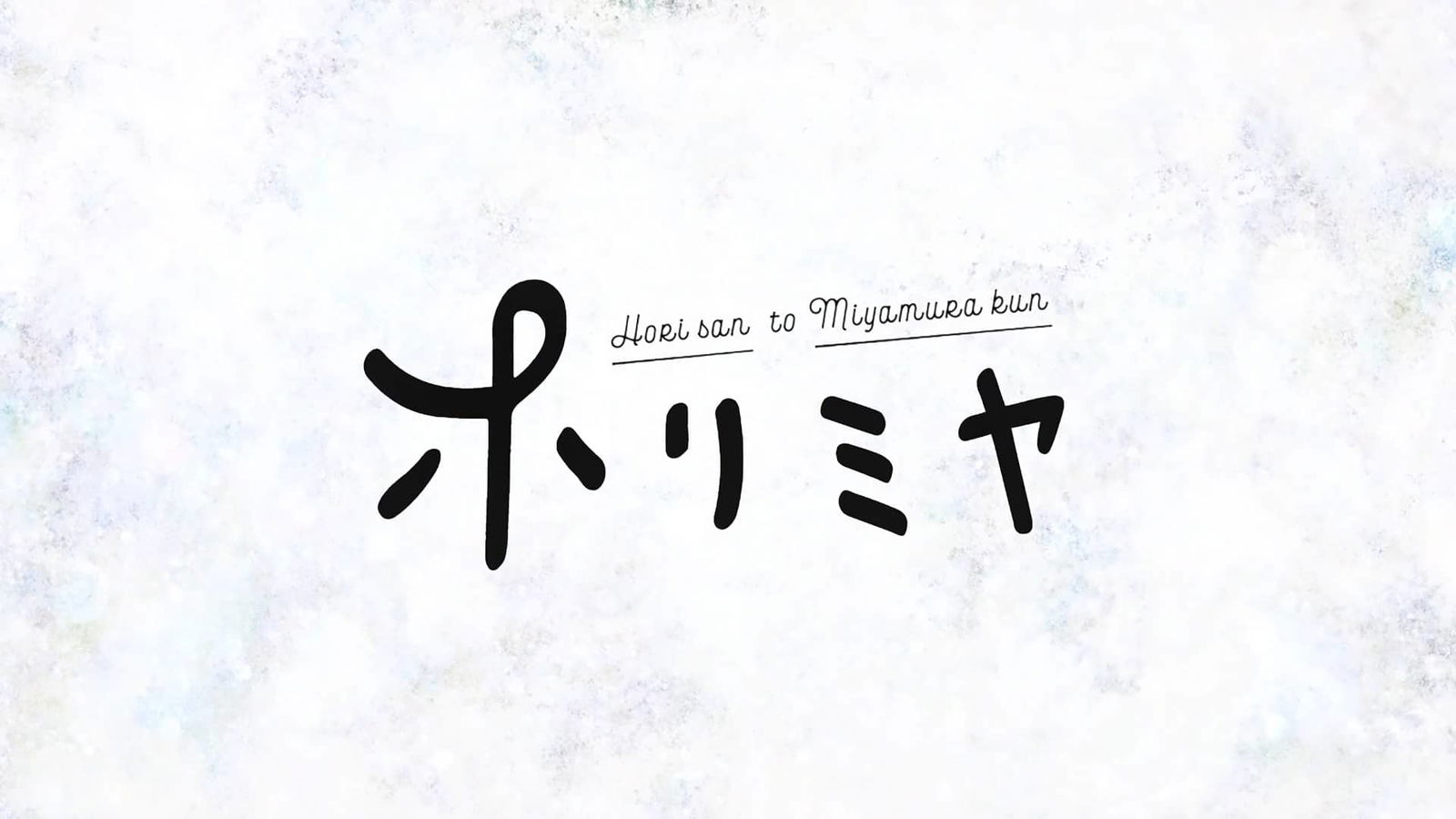Perception vs. Reality: A Deep Dive into Horimiya
Understanding the Dichotomy of Perception and Reality in Love Stories
In our daily lives, we often navigate the complex interplay between perception and reality. This theme resonates profoundly within the realm of romantic narratives, particularly in “Hori-san to Miyamura-san,” commonly known as Horimiya. The series beautifully illustrates this concept, but does it successfully translate that perception into an enjoyable reality? Let’s explore!
The Narrative Arc: A Journey of Self-Discovery
Miyamura’s Struggles with Insecurity
Izumi Miyamura is a character marked by his insecurities stemming from a tumultuous past filled with bullying and isolation. Often perceived as the quiet wallflower in class, he prefers to blend into the background rather than draw attention to himself. His life takes an unexpected turn when he encounters Hori’s younger brother after an accident, leading him to reveal his true self beyond his school persona.
Hori’s Dual Life
Kyouko Hori presents a stark contrast; she appears polite and composed at school but harbors a fiery tomboyish spirit at home where she assumes parental responsibilities for her younger brother due to her parents’ frequent absences. This duality creates a unique bond between Hori and Miyamura as they both grapple with their hidden identities.
Character Analysis: Depth Beyond Appearances
Izumi Miyamura: The Reluctant Hero
Miyamura stands out not just for his physical transformation but also for his emotional growth throughout the series. Initially timid, he gradually sheds layers of insecurity thanks to Hori’s influence, evolving into a more confident individual who embraces friendship and love.
Kyouko Hori: Strength Meets Vulnerability
Hori is one of those rare characters who embodies both strength and vulnerability. Her fierce loyalty towards Miyamura showcases her protective nature while revealing her softer side that endears her to viewers. Her unexpected masochistic tendencies add depth to her character, making her relatable yet intriguing.
Supporting Characters: A Mixed Bag
While some supporting characters like Tooru Ishikawa initially seem poised for conflict due to their crush on Hori, they ultimately evolve into friends with Miyamura—a refreshing twist on typical rival dynamics.
However, several secondary characters struggle for relevance within the narrative:
- Remi Ayasaki: Initially vibrant but quickly relegated to background status.
- Sakura Kouno: Offers potential drama through unrequited love yet fades away without resolution. - Iura Shou: Stands out due to his dual personality; however, others lack similar development.
Visuals & Soundtrack: Average Yet Effective
The animation quality aligns closely with typical slice-of-life anime standards—neither groundbreaking nor disappointing—but effectively serves its purpose in enhancing storytelling rather than overshadowing it.
The soundtrack complements scenes well enough without leaving lasting impressions or memorable themes—typical fare for this genre that prioritizes mood over memorability.
Final Thoughts on Horimiya
“Horimiya” begins as an engaging exploration of young love intertwined with personal growth but falters by shifting focus onto less compelling side stories later in its run. While I appreciated its premise and character dynamics—particularly between Hori and Miyamura—the narrative ultimately loses steam when diverting attention from its central romance toward secondary arcs that feel underdeveloped or unnecessary.
Despite these shortcomings, “Horimiya” remains an enjoyable watch thanks largely to its two main protagonists whose journey toward self-discovery resonates deeply amidst life’s complexities—a reminder that sometimes what we perceive can lead us toward profound realities if only we dare embrace our true selves fully!
